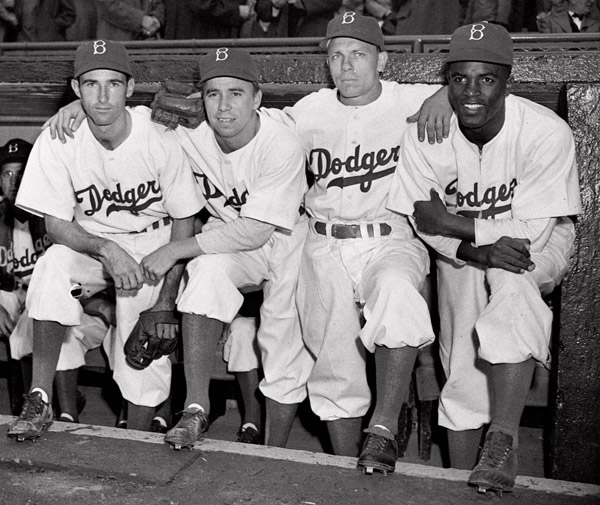Can a story ever dive too deep?
Most would consider a successful film one that stimulates mentally and emotionally and leaves the audience wanting more. Usually this occurs when the movie leaves some holes unfilled at the end of the movie for the audience to try and fill themselves. These films ask the audience questions about the plot, the characters, the audience itself, etc…Sometimes a film, however, tries too hard to pull in the audience, and yet leave them wanting more.
The Wages of Fear is one of those films. Many have called it a deeply existential film debating death and purpose in a poetic and realistic yet unfathomable situation. I would tend to agree with those many. It is existential and it does dive into the depths of human thought. I never thought it was possible for a film or any piece of literature to dive too deep, but this film does just that.
So many questions went through my head while watching this film. How did the characters get to Las Piedras? Why are they still there? Who are the characters? And so on. These questions were put there by the director for us as an audience to ponder. Although I appreciate a film that makes me think, I do also enjoy having at least some of those questions answered. This film fails or at least evades answering any of the questions that I was pondering. At the end of the film when Mario “inadvertently” drives off the road I became very angered. It had ended without any bit of closure. I am not asking that the whole context unravel perfectly for me. All I would have wanted was anything more than what I was given.
Maybe I’m spoiled by today’s cinema that hardly makes us think. Maybe I’m a lazy film viewer who’s not willing to take the time to ponder the way in which I am supposed to. Or, maybe I’m looking at it the wrong way?
Critic Leonard Maltin said about the film that the “location… is intentionally vague – hell isn’t on any map.” Maltin makes a valid point. Hell is not a distinct place or area to be discovered. It is an abstract idea that manifests itself through relations and feelings. While I fully agree with Maltin’s perspective of the film and the director’s idea of Hell, I would have liked if the director (Henri-Georges Clouzot) told us or showed us why this place was “Hell”. It would have been more interesting if it was described or even hinted at why these people were in “Hell”.
I may be asking for too much out of a very abstract film. I’m Sorry? Other than a little too much teasing and leading on from the director to the audience, I did enjoy the film. The many questions it did ask are important ones and really force the audience to think deeply about things after viewing the film. That, to me, is an effective and successful film.


0 Comments:
Post a Comment
Subscribe to Post Comments [Atom]
<< Home